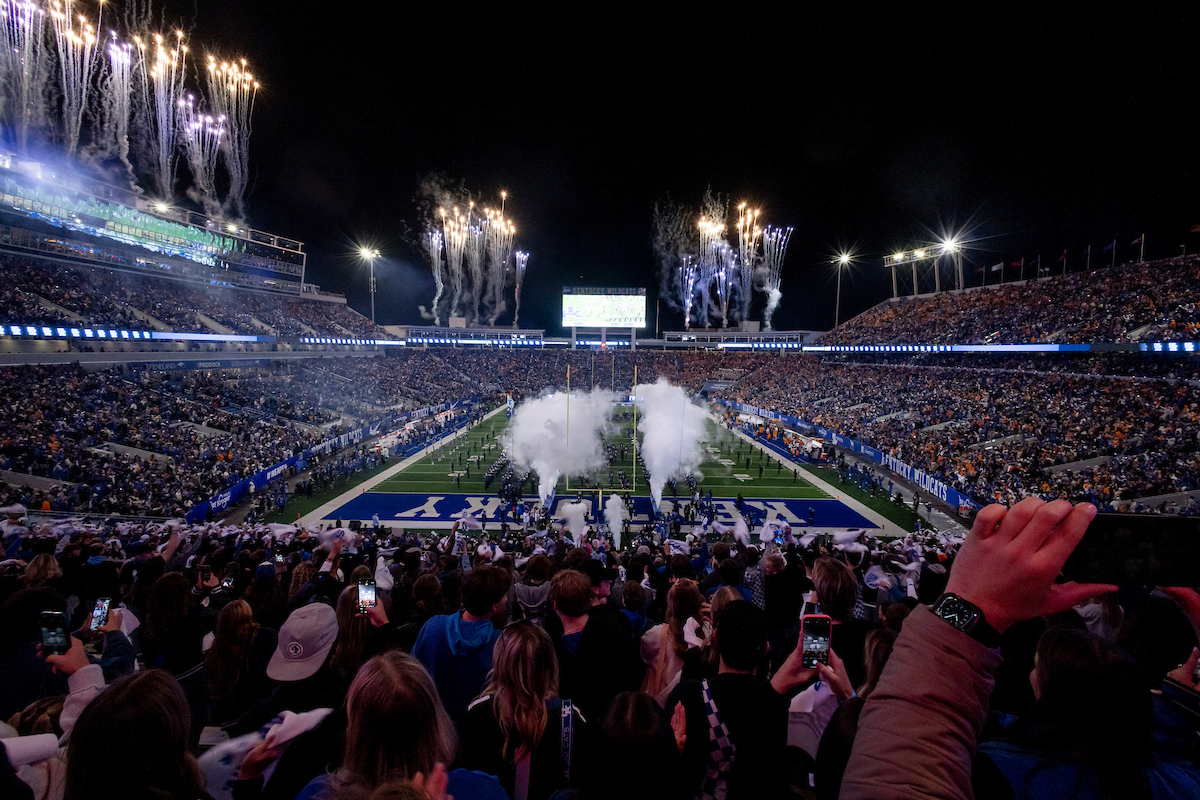| Strength & Conditioning | Facilities • Staff • Nutrition • Volunteer Opportunities • Strength & Conditioning Videos |
NCAA Bylaw 16.5.2-(g) – Nutritional Supplements
Date Issued: May 23, 2005
Type: Ed. Column
Item Ref: 2
Interpretation:
NCAA Division I institutions should note that NCAA Bylaw 16.5.2-(g) (nutritional supplements) indicates that an institution may provide only nonmuscle-building nutritional supplements to a student-athlete at any time for the purpose of providing additional calories and electrolytes, provided the supplements do not contain any NCAA banned substances. Permissible nonmuscle-building nutritional supplements are identified according to the following classes: Carbohydrate/electrolyte drinks, energy bars, carbohydrate boosters and vitamins and minerals. Pursuant to a July 26, 2000, official interpretation, it is not permissible for an institution to provide any nutritional supplement/ingredients to its student-athletes, unless the supplement/ingredient is a nonmuscle-building supplement and is included in one of the four classes identified specifically in Bylaw 16.5.2-(g). The following information is an updated list of examples of permissible and nonpermissible nutritional supplements/ingredients as developed by the NCAA Competitive Safeguards and Medical Aspects of Sports Committee (CSMAS). The list below is not exhaustive but should assist institutions in determining the types of nutritional supplements/ingredients that may be provided to student-athletes.
Permissible
- Vitamins and minerals
- Energy bars
- Calorie replacement drinks (e.g., Ensure, Boost)
- Electrolyte replacement drinks (e.g., Gatorade, Powerade)
Nonpermissible
- Amino Acids (including amino acid chelates)
- Chondroitin*
- Chrysin
- CLA (Conjugated Linoleic Acid)
- Creatine/creatine-containing compounds
- Garcinia Cambogia (Hydroxycitric Acid)
- Ginkgo Biloba
- Ginseng
- Glucosamine*
- Glycerol **
- Green Tea
- HMB
- Carnitine
- Melatonin
- MSM (Methylsulfonyl Methane)
- Protein powders
- Tribulus
- Yohimbe
* It is permissible for an institution to provide Glucosamine and/or Chondroitin to a student-athlete for medical purposes, provided such substances are provided by a licensed medical doctor to treat a specific, diagnosed medical condition (as opposed to prescribing them for preventive reasons).
** Glycerine or glycerol as a binding ingredient in a supplement product is permissible.
A supplement that contains protein may be classified as a nonmuscle-building supplement provided it is included in one of the four permissible categories, does not contain more than 30 percent of its calories from protein (based solely on the package label) and does not contain additional ingredients that are designed to assist in the muscle-building process (see examples of nonpermissible supplements/ingredients). Nutritional supplements containing more than 30 percent of its calories from protein are classified as muscle-building supplements and may not be provided to student-athletes.
One gram of protein equals four calories. Therefore, the percentage of calories from protein contained in a nutritional supplement may be calculated by multiplying the number of grams of protein per serving by four and dividing the product by the total number of calories per serving. For example, a nutritional supplement that contains 120 total calories per serving and nine grams of protein per serving would contain 36 calories from protein (i.e., 9 grams x 4). Therefore, the percentage of calories from protein would be 0.3 or 30 percent (i.e., 36 calories from protein/120 total calories).
Institutions should note that if a supplement product includes any impermissible ingredient, it is not permissible to provide such a supplement to student-athletes. Further, when considering the product?s protein content, institutions should consider the listing of the word ?protein? and the number of grams included. If any other parts of a protein are listed separately, as in any amino acid or chain, it would not be permissible for an institution to provide such a supplement to its student-athletes. If the product lists a “proprietary protein” or “protein blend,” then this is not protein from a whole food source, but rather a concoction created by the manufacturer, and in most instances includes impermissible supplement ingredients.
Finally, in order to assist the membership in applying the legislation, the following steps are recommended.
In considering whether a supplement product is permissible under the legislation, a member institution should:
- Review the label and ingredients to determine if the product meets one of the permissible classes of supplements (e.g., carbohydrate/electrolyte drinks, energy bars, carbohydrate boosters and vitamins and minerals);
- Review the ingredients for any banned substances (see www.ncaa.org/health-safety);
- Determine whether or not the product contains any of the examples of “impermissible” ingredients referenced earlier; and
- Determine if the product contains more than 30 percent calories from protein.
If still unsure whether or not a particular supplement is permissible, the institution should contact NCAA membership services for interpretive assistance and should provide full written product ingredient information. Membership services will act in concert with sports medicine consultants to provide a review of the product and response back to the member institution. Products deemed permissible should be reviewed annually to determine if any reformulation of the product has introduced elements that make it no longer permissible to provide to student-athletes. If an institution has an interest in providing a supplement product being offered by a manufacturer or distributor of the product, it is the institution?s responsibility to follow the outlined steps. An institution should not refer the manufacturer or distributor to the NCAA for a product review.



